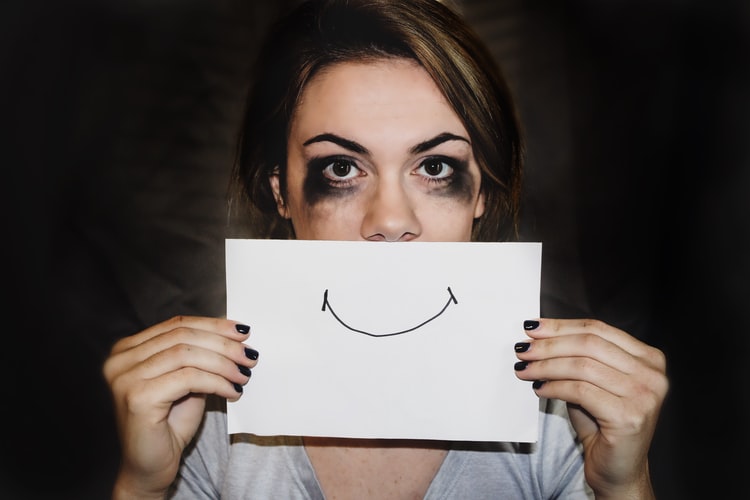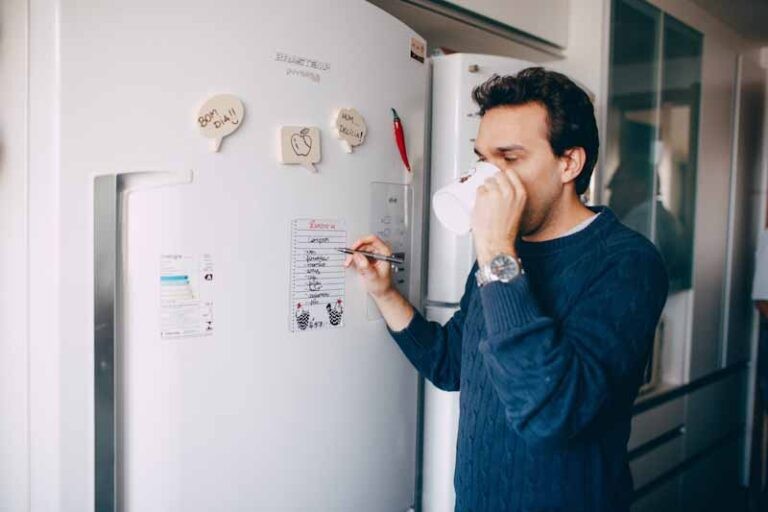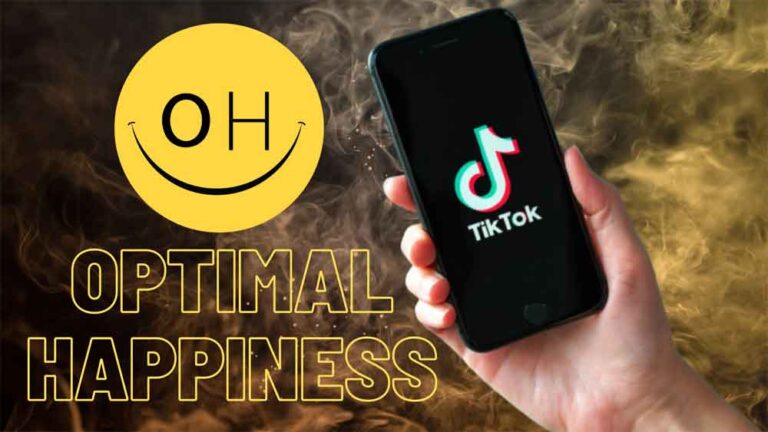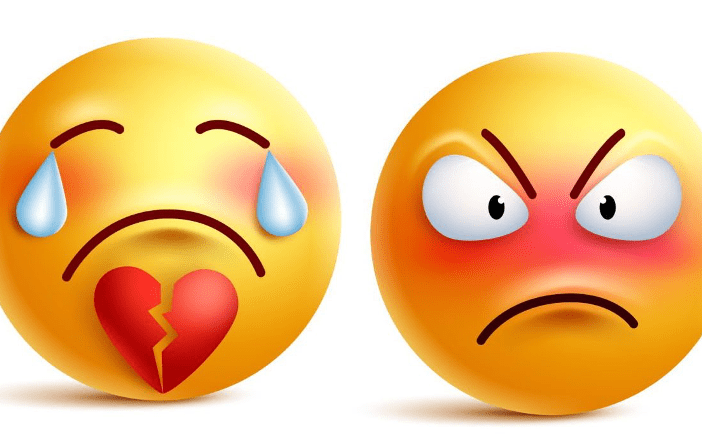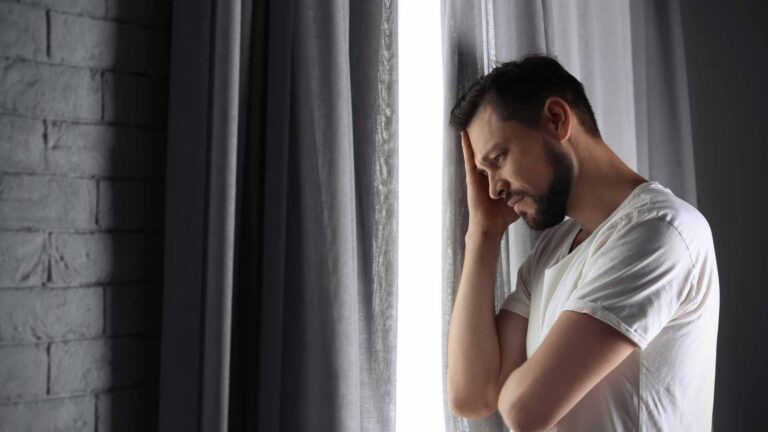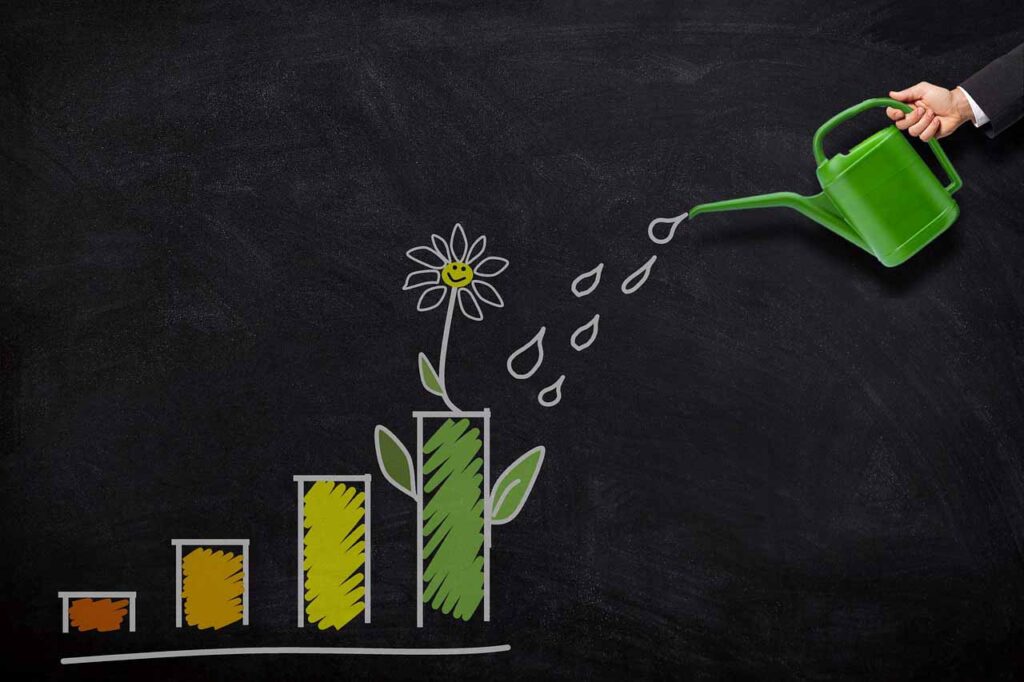
To understand how a few small changes improve lifestyle and can lead to a huge improvement in personal well-being and life satisfaction, we need to consider two short-stories:
Story #1 – Snoring Disaster
One day, I was staying in a hostel, someone complained to me that someone was snoring in their room. It was so loud that this person could not sleep. Hearing this remark, I asked why this person wouldn’t just change their place. I knew for a fact that in my room, there was no one snoring (including me, I was told) and that there were plenty of free beds.
The answer was priceless: “It’s too much work. I’d need to pack this one backpack…” Essentially, this person preferred to spend the whole night with a snorer than to do five minutes of packing.

Story #2 – Traveling Adventure to Bari
On the same day in the same hostel, the same person told me that they want to go to Bari, Italy. Their trip would be long and expensive. Yet, I knew a bus leaving under the hostel every morning, which is direct, cheap, and relatively fast.
Hearing my recommendation, this person told me that they don’t want to do it because “I don’t want to install an app on my phone…” Essentially, they would rather go through all the unnecessary problems because they are against installing new apps on their phones.
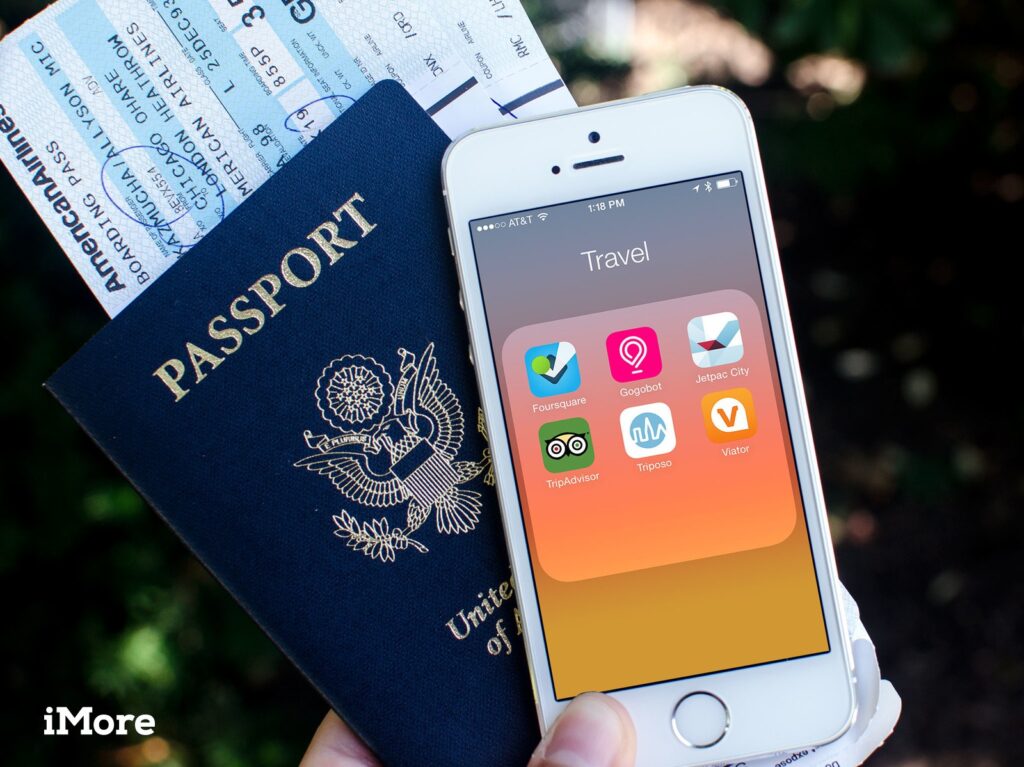
Story #3: Breaking My Routine
A more recent and universal story happened to me personally. On a regular basis, I go off my routine and start doing things that I should not. Later on, I regret doing these things, even though I knew I should have stayed on my routine.
For example, sometimes, just before I go to sleep, I tend to eat or drink something, use my phone or laptop, or do some heavy physical activity, like push ups (not to be confused with otherwise physical activity). I know that by doing these things, they will affect my ability to sleep. In turn, this will affect my waking up time, energy the next day, and overall productivity. Instead, I can just clean something, meditate, and prepare for the next day. These small actions will help me to start my next day in a major way.
As such, I know I will not always get everything right. When I go off the rails, I don’t punish myself and simply remind myself what I need to do better next time. Respectfully, I attempt to improve my life in small ways.
Big Problems Requiring Small Solutions
Overall, these three stories showed that often people make their own lives difficult by doing, or not doing, few small things. Then, they complain by saying that their life is hard, they have no control over how they feel, and happiness is not possible overall.
Oppositely, doing few small correct things can make a world of difference. Sure, we may say that often we don’t know what these things are, but more often than not, we do know what we need to do. Respectfully, the world can be confusing and overwhelming and we can get lost in the noise of things, which is precisely why we don’t do these small changes that are overdue.
Still, the overall moral of these stories is that work right now can reduce problems down the line. As such, even if, in principle, we don’t want to do something because it’s hard, maybe we should do it anyway because it will save us even more money, energy, and peace of mind down the line.







